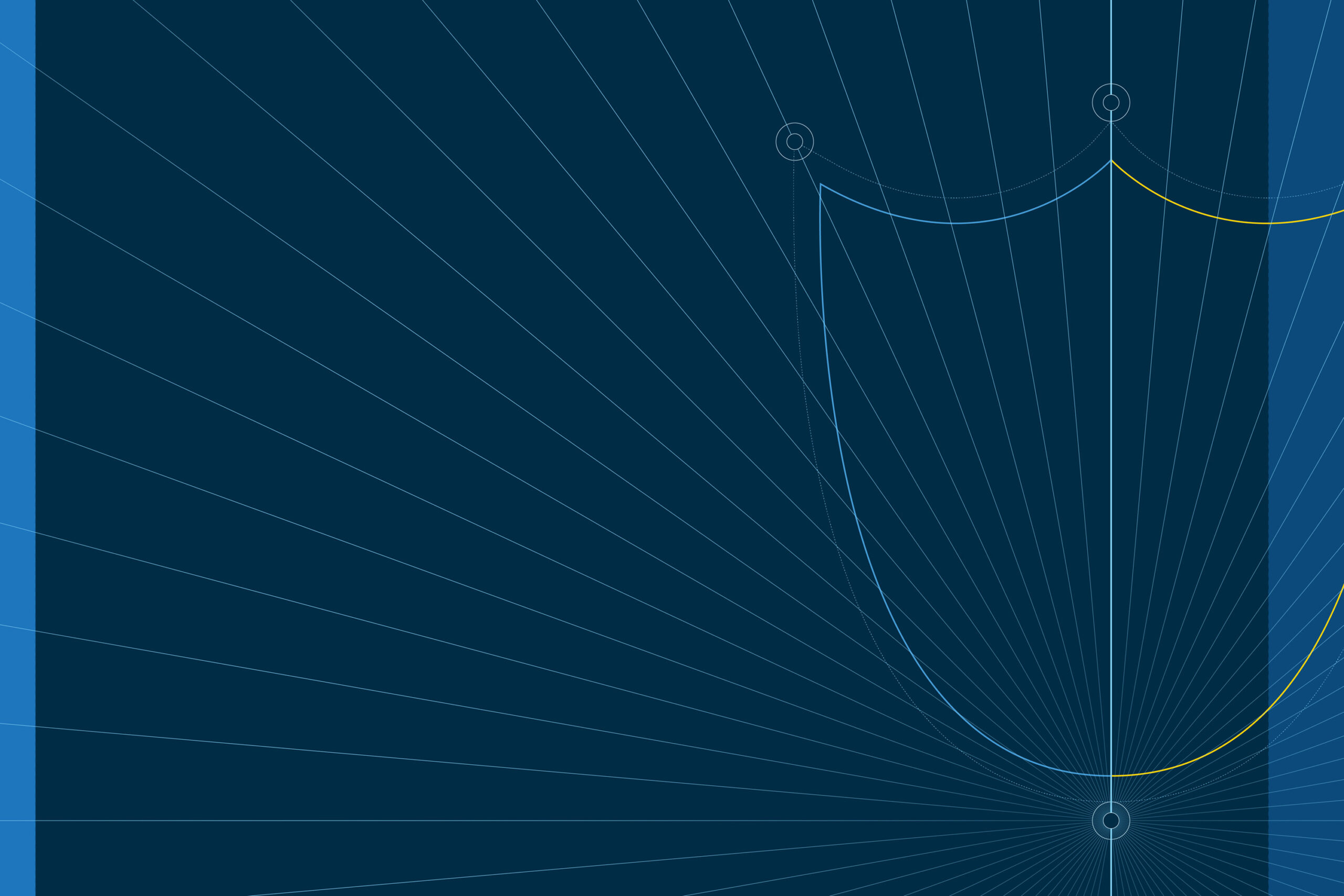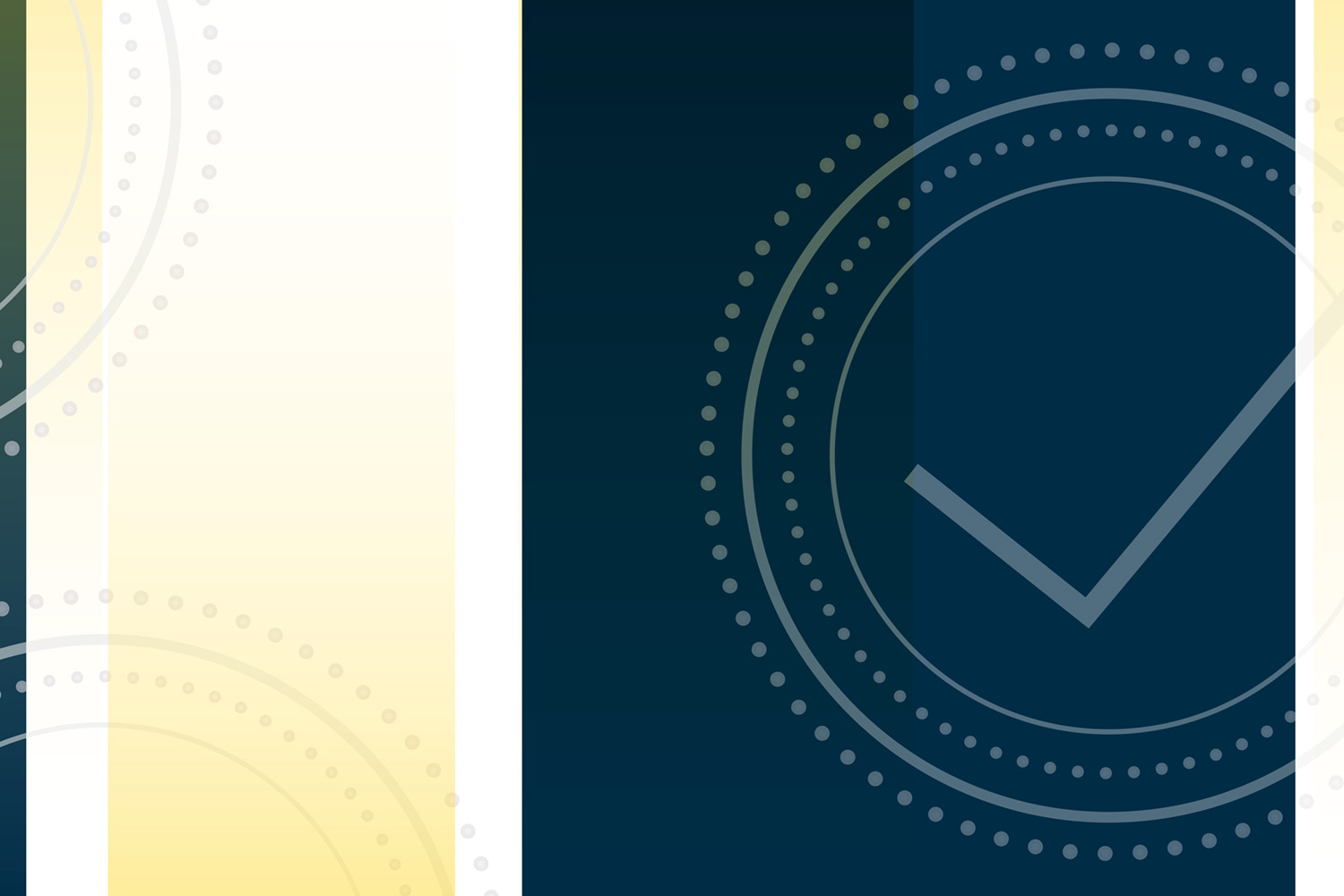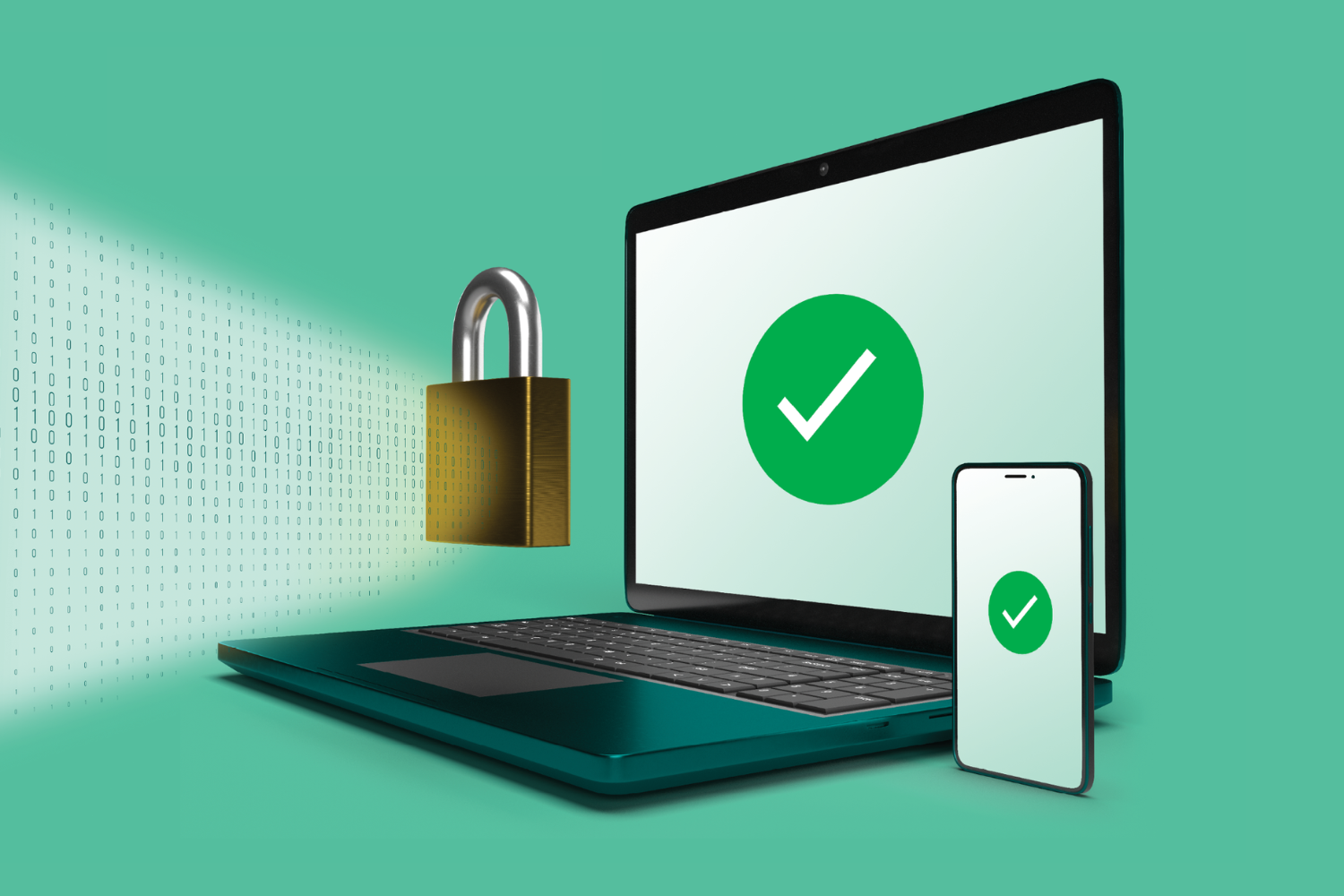How might AI remake societies in the next 50 years? What can we do now to shape those shared futures?
Let’s prepare for the second and third order effects of AI. Read our latest recommendations.
How might AI remake societies in the next 50 years? What can we do now to shape those shared futures?
Let’s prepare for the second and third order effects of AI. Read our latest recommendations.

In an era of international instability, the safety and resiliency of our digital existence faces deep challenges. Such uncertainty has undermined the ability of governments to counter aggression in the cyber domain. In this growing vacuum, the conduct of the private sector’s cyber defense assistance will both change and grow in importance.
Among Western nations and their allies, the private sector is the dominant producer, operator, and protector of the digital realm. Over the past three years, companies from the West have both acted singularly and banded together to provide cyber defense assistance to Ukraine. This support has not only bolstered Ukraine in the face of the Russian re-invasion but also protected the digital environment globally. The need for Western companies to lead these efforts globally will likely increase in the years to come.
Cyber Defense Assistance and Ukraine, a follow-up to our 2023 reportopens a new window, provides lessons from the US Cybersecurity Groupopens a new window to guide these efforts.

Leaders will draw lessons from the war in Ukraine for years. One is already clear: delivering cyber defense assistance must be a key national security capability.

The Aspen Institute’s US Cybersecurity Group recommends a set of cybersecurity priorities to the incoming Administration.

Digital threats continue to evolve, but how prepared are US adults to protect themselves? A survey reveals consumer cyber readiness in 2024.